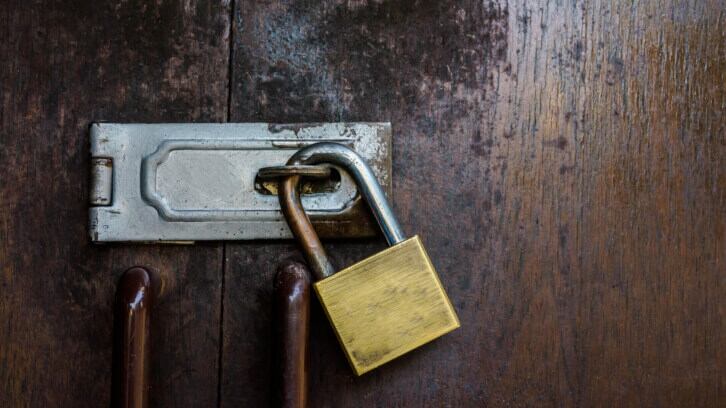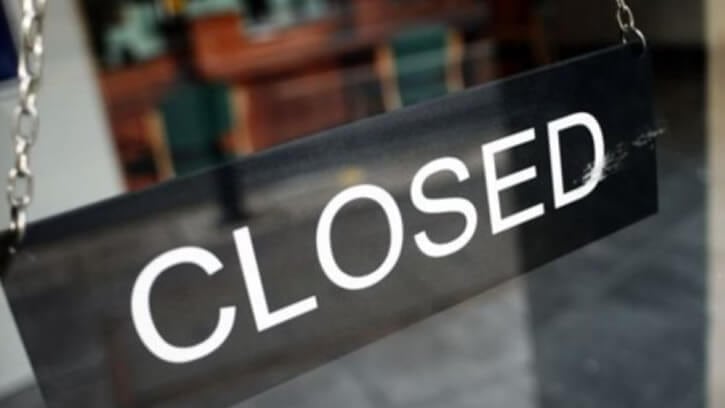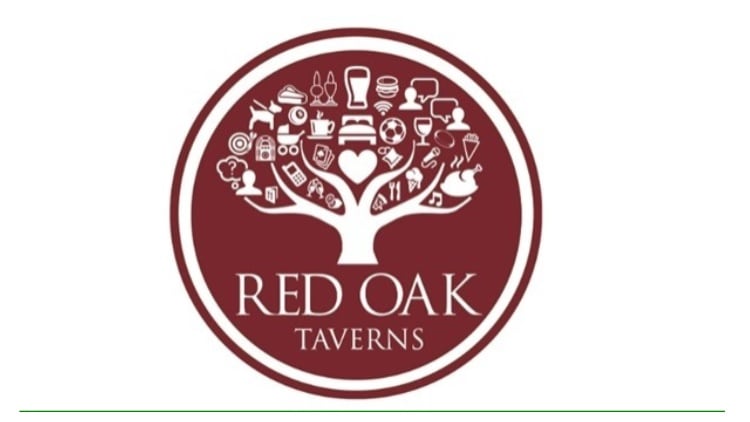This means there have been 44,000 net closures since 2003 – equivalent to just over six closures a day for the past two decades.
The research recorded by CGA by NIQ highlight the changes in the hospitality sector and the sustained periods of pressure the trade has been under, which has been recently exacerbated by spiralling inflation, soaring energy bills and workforce challenges.
Trade body UKHospitality (UKH) has called for Government support in the Autumn Statement, due to take place next month (Wednesday 22 November) for an extension in business rates relief and a freeze on the current multiplier.
The statistics revealed at the end of September 2023, the total number of licensed premises in Britain was 99,916 – a 30.6% fall from 144,055 recorded by CGA in 2003 and the first time it entered five figures.
It showed the largest losses were drink-led pubs, bars and nightclubs, which have seen a net fall of 43.6%.
However, the past two decades have also seen a rise in managed sites, which have performed better than independent counterparts – up 14.6% compared to a decline of 32.9%.
Eating venues have also seen a rise – up 14.8% largely in the form of casual dining restaurants and food-led pubs, reflecting a consumer shift during this period from drinking out to eating out.
Autumn Statement opportunity
UKH chief executive Kate Nicholls labelled the number of hospitality business closures exposed by the figures as “shocking”.
She added: “The last thing the sector needs is the potential £1bn bill as a result of the business rates hike due in April.
“Our industry has proved time and time again that with the right conditions, it can drive national economic growth, invest in local communities and create jobs at all levels.
“The Autumn Statement is an opportunity to extend the current business rates relief and freeze the current multiplier.
“In doing so, it can not only save more local and national businesses from closure but enable investment and growth.
“We also continue to ask the Chancellor to consider more medium to long-term measures to support the industry such as reviewing the rate of VAT for hospitality and reforming the apprenticeship levy to give businesses more control and flexibility over funding.”
The figures show the steady contraction of Britain’s licensed premises over the past two decades has accelerated in recent years as a result of Brexit, Covid and spiralling costs, according to CGA by NIQ business unit director Karl Chessell
Right support needed
He added: “While the closures have negatively impacted communities and livelihoods, some trends have been positive, like the dramatic increase in the quantity and quality of restaurants and the success stories of multi-site operators.
“Demand for eating and drinking out is still strong and hospitality has a key role in connecting all our communities.
“The right Government support is needed to ensure businesses can survive and help drive our economic recovery.”
The research followed figures from the Night-Time Industries Association (NTIA), which found more than 8,000 firms have vanished from the late-night sector.
NTIA boss Michael Kill said the figures were not just numbers but represented livelihoods, dreams and the cultural heritage of communities.
Furthermore, a poll conducted by The Morning Advertiser showed operators were calling for a VAT cut ahead of the Autumn Statement.
Licensee of the Walmer Castle in Notting Hill, west London Jack Greenall described a VAT reduction to about 12.5% as “massively appreciated” and said it would help keep firms profitable.
Meanwhile, the Campaign for Real Ale (CAMRA) described the next month’s statement as a “make or break” moment for the nation’s pubs and called for a duty cut on beer and cider served in the on-trade alongside an extension of help with businesses rates as well as a fair deal on energy.





